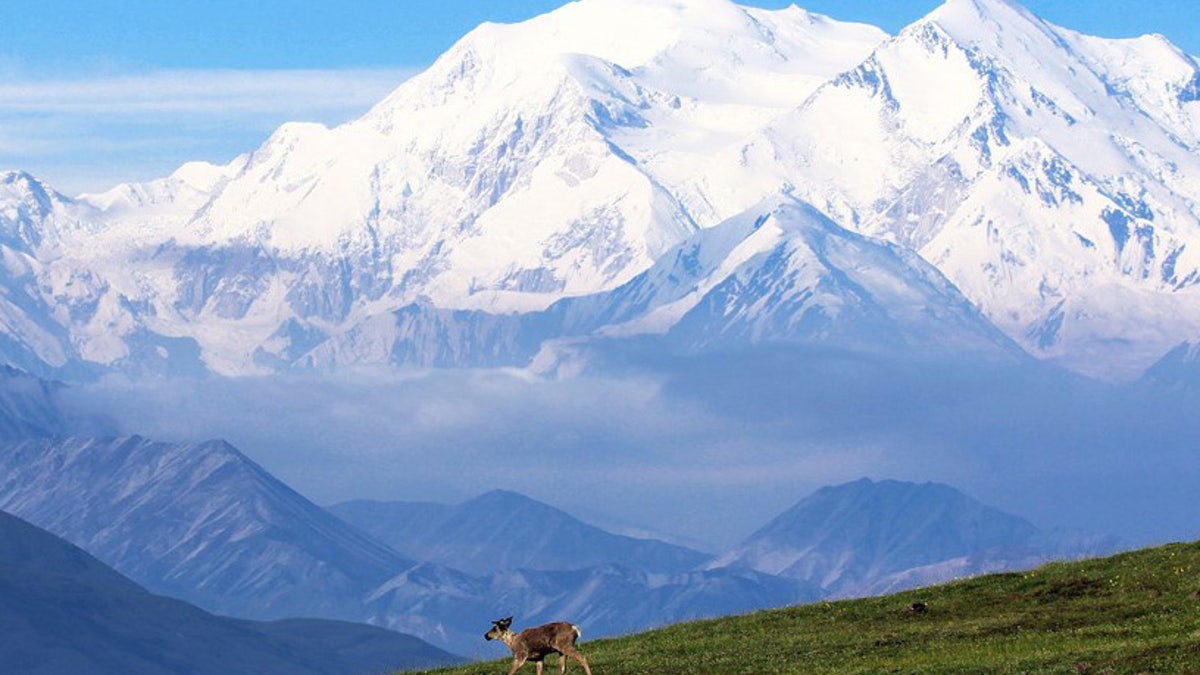
North America's tallest mountain is facing a human poop problem. (NPS Photo/Daniel Leifheit)
Watch where you step.
That's the best advice for anyone climbing North America's tallest mountain, Denali, which could be covered in 66 tons of poop as the glaciers melt away in the coming decades and perhaps much sooner — a process that's speeding up thanks to climate change.
However, according to USA Today, for the first time, guide companies leading the 1,200 climbers who attempt the summit annually will voluntarily start to pack away and remove their human waste.
ONE OF THE 'WEIRDEST LIZARDS' IN THE WORLD HAS GIVEN BIRTH
“Climbers and particularly guide services are really embracing the new policy and are even exceeding it. It has become kind of an informal badge of merit to carry off all your waste,” Michael Loso, a National Park Service glaciologist who’s been studying the problem of climber excrement on the mountain for close to a decade, told the newspaper.
Denali is located about five hours north of Anchorage, Alaska. It rises to 20,310 feet and is the third most prominent peak on Earth after Mount Everest and Aconcagua.
According to the National Park Service, climbers scaling Denali generate almost 2 metric tons of human waste per year. That's more than 4,400 pounds of poop.
USA Today reports that the frozen feces were first left in various snow pits on the Kahiltna glacier, but that over time the waste would resurface downstream on the glacier's surface — where it would begin to melt.
The National Park Service has found that in the past 50 years, the area covered by ice within the Alaskan parks has diminished by 8 percent.
“We have lost more glacier cover in the Alaskan national parks than there is area in the whole state of Rhode Island,” Loso told USA Today. “One of the consequences of warming temperatures is that the surface of the glacier is melting more quickly.”
SUN'S MAGNETIC FIELD IS STRONGER THAN WE THOUGHT
Researchers explain that the warming ensures that poop deposited at lower climbing camps could start to reappear soon, perhaps even later this summer. Waste from higher elevations will take longer to appear.
Each climber this year will be assigned a Clean Mountain Can, according to the newspaper, which can hold all their solid waste, including toilet paper, during their climb.
The cans weigh between 10 and 15 pounds when they're full, and, due to the high altitude, the cans' contents freeze and are not smelly.




















